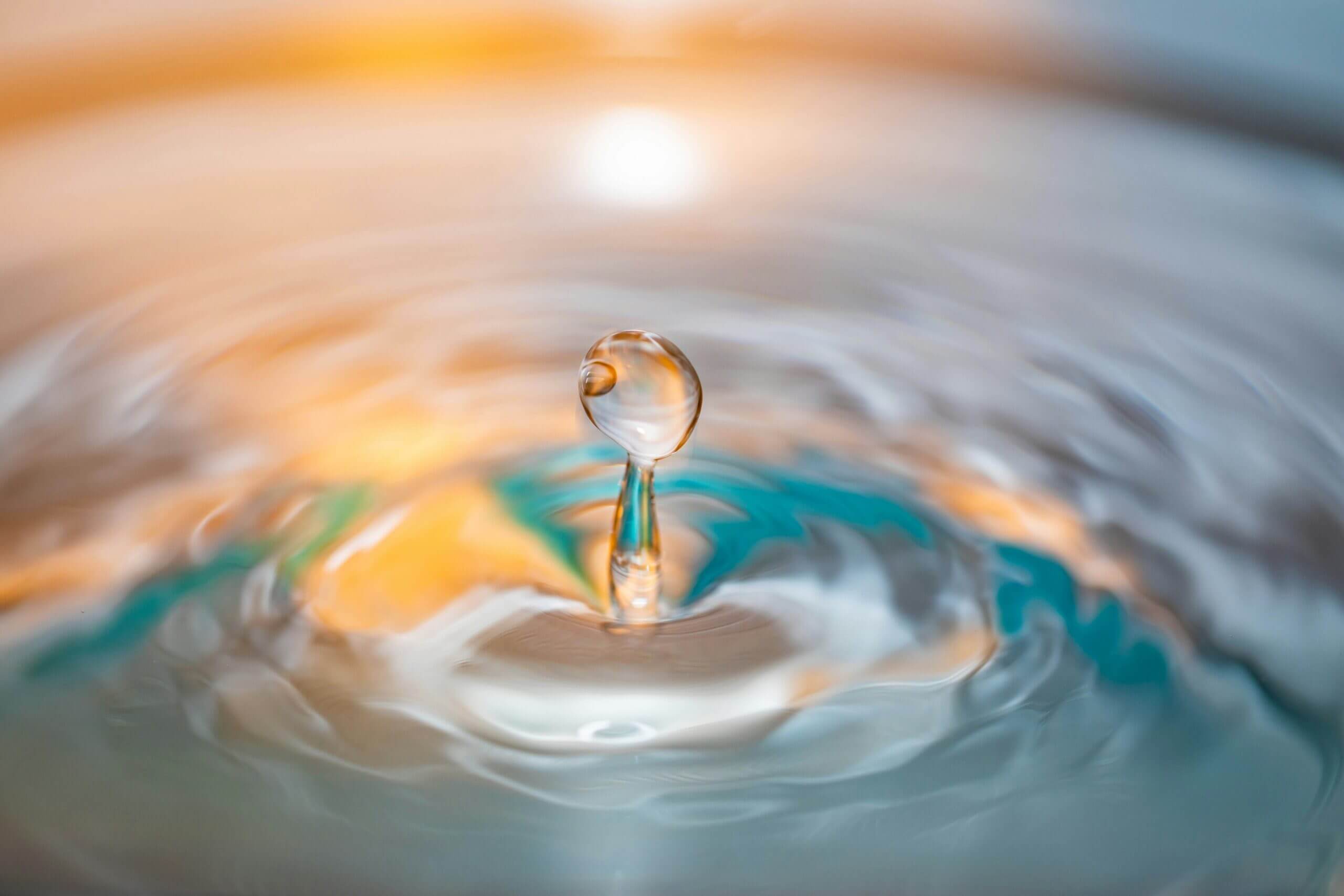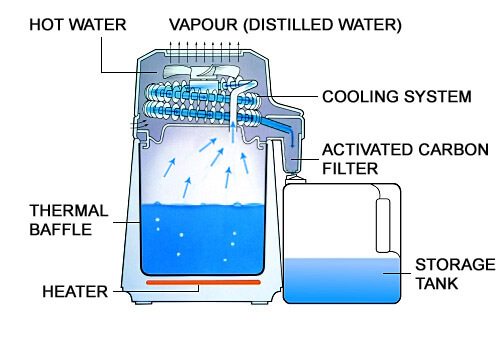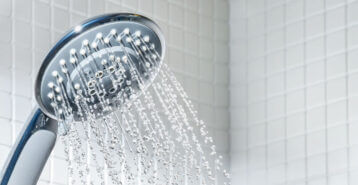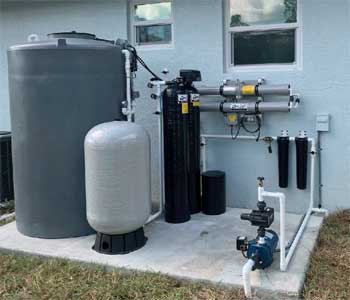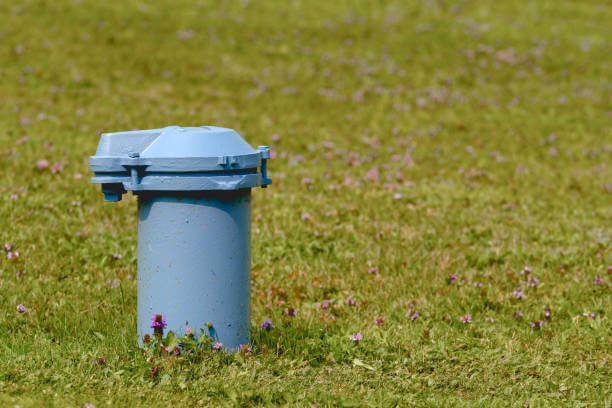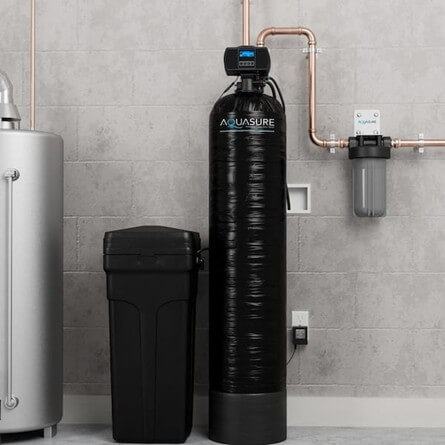What Is a Water Distillation System and How Does It Work?
A water distillation system boils water into steam, leaving behind minerals, bacteria, and other impurities. The steam is cooled back into clean water. This process removes most contaminants, making it one of the most reliable ways to purify water.
Other filtration systems, such as reverse osmosis, may leave small amounts of impurities, but distillation delivers lab-grade purity.
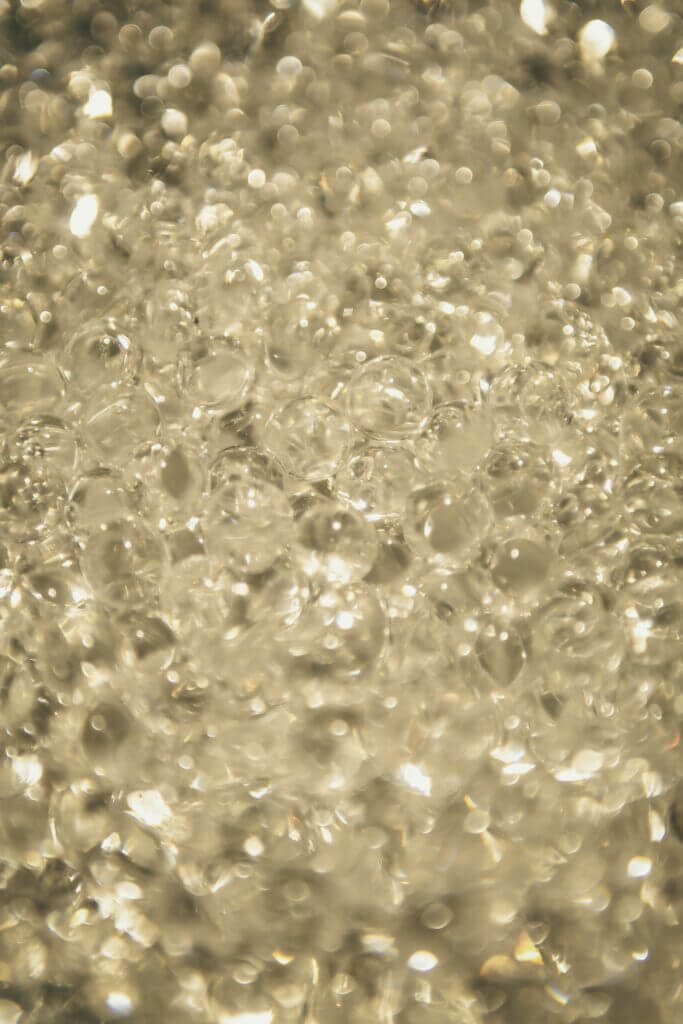
Distillation systems are used in homes and commercial settings like hospitals, labs, and factories that need very pure water.
What Types of Water Distillation Systems Are Available?
There are multiple types of water distillation systems. The right one depends on how much water you use and your installation preferences. To help you choose the right one, below are the three main types:
Countertop Water Distillers
Countertop distillers are compact units ideal for households or individuals seeking purified water for drinking or cooking. They typically hold one to four gallons, are easy to install, and cost between $100 and $600. Because they are small and energy-efficient, they’re a good choice for apartments or small families.
Whole-House Distillation Systems
Whole-house systems clean all the water coming into your home. They are installed at the main water line and usually need professional setup. Costs range from $2,000 to $6,000, plus any plumbing or maintenance costs.
Commercial and Industrial Systems
Commercial systems are built for large-scale use in labs, hospitals, or food facilities. Prices start around $5,000 and can exceed $20,000 for custom systems.
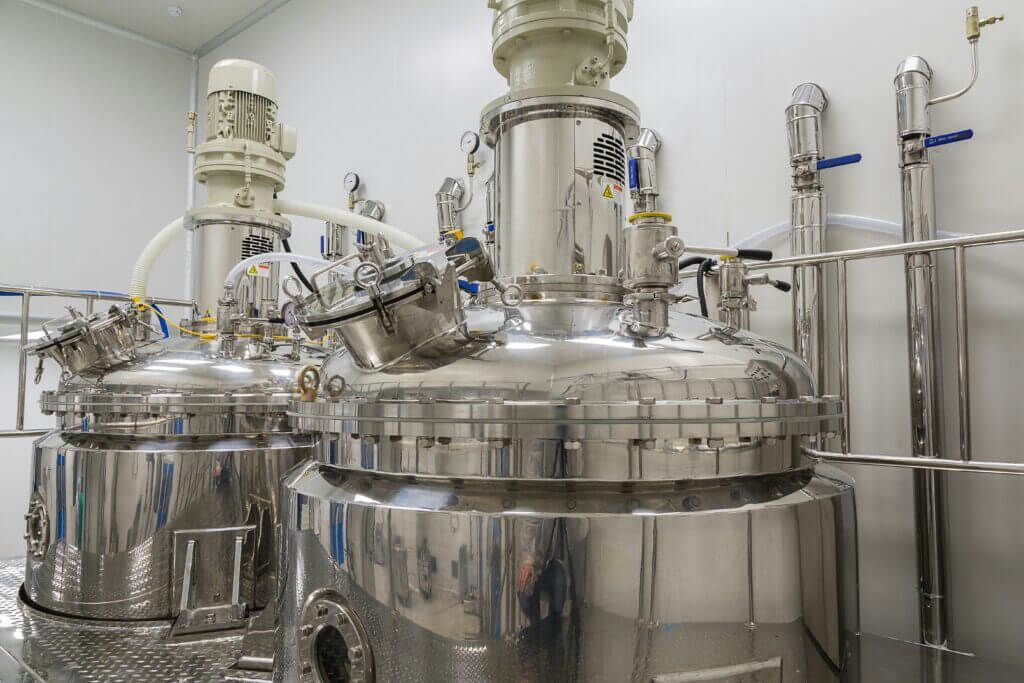
How Much Does a Water Distillation System Cost?
On average, home water distillation systems cost between $100 and $6,000, depending on the type. Below is a quick overview of common prices by system size:
| System Type | Average Cost Range | Installation Required? |
|---|---|---|
| Countertop Distiller | $100 to $600 | No |
| Whole-House System | $2,000 to $6,000 | Yes |
| Commercial/Industrial | $5,000 to $20,000+ | Yes |
Professional installation usually costs $500 to $2,000, based on your home’s plumbing. Additionally, routine cleaning and filter changes cost about $50 to $300 per year.
Many suppliers offer payment plans and seasonal discounts, especially when you bundle your system with a water softener or other filters.
What Factors Affect Distillation System Costs?
Several things affect the cost of a distillation system. Knowing these can help you plan your budget and get the best value.
- System Size and Capacity. Larger systems cost more because they handle more water and require more power.
- Brand and Quality. Top brands usually offer longer warranties and better features at a higher price.
- Additional Features. Smart sensors, automatic cleaning, and built-in storage tanks can add to the cost.
- Installation Requirements. Whole-house systems require professional installation, while countertop models can be set up by homeowners.
Pros and Cons of Water Distillation Systems
Like any home upgrade, distillation systems have strengths and drawbacks. Here are the main pros and cons to think about before buying a system.
-
Pros
- Effective Purification
- Long-Term Savings
- Environmentally Friendly
-
Cons
- Higher Upfront Cost
- Energy Use
- Maintenance Needs
Pros
- Effective Purification. Removes nearly all impurities, including heavy metals, bacteria, and chemicals.
- Long-Term Savings. Reduces bottled water purchases, saving money over time.
- Environmentally Friendly. Lowers plastic waste compared to bottled water consumption.
Cons
- High Upfront Cost. Whole-house systems are expensive to buy and install.
- Energy Consumption. Distillation requires heat energy, increasing power usage.
- Regular Maintenance. Systems must be cleaned and serviced to prevent scale buildup and maintain efficiency.
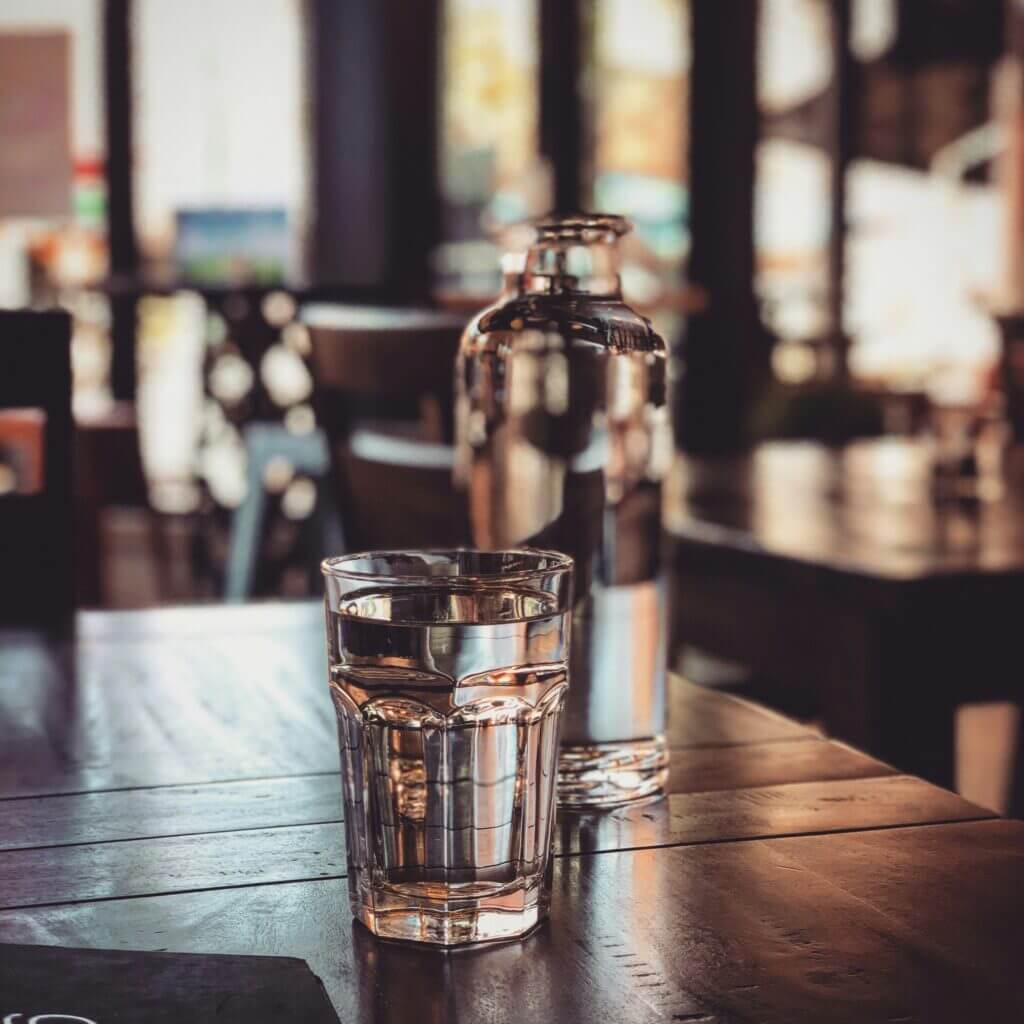
Is a Water Distillation System Right for You?
Ultimately, if you want cleaner water at home, a distillation system can help. Consider your home size, budget, and water use before choosing between a countertop or whole-house model.
For smaller households, a countertop distiller is convenient and affordable. On the other hand, larger homes or those needing full-home purification may prefer a professionally installed system.
Compare top-rated water treatment pros in your area.
Read real homeowner reviews, explore qualifications, and view promotions. Modernize makes it easy to browse professionals and find one that will be perfect for your project.
